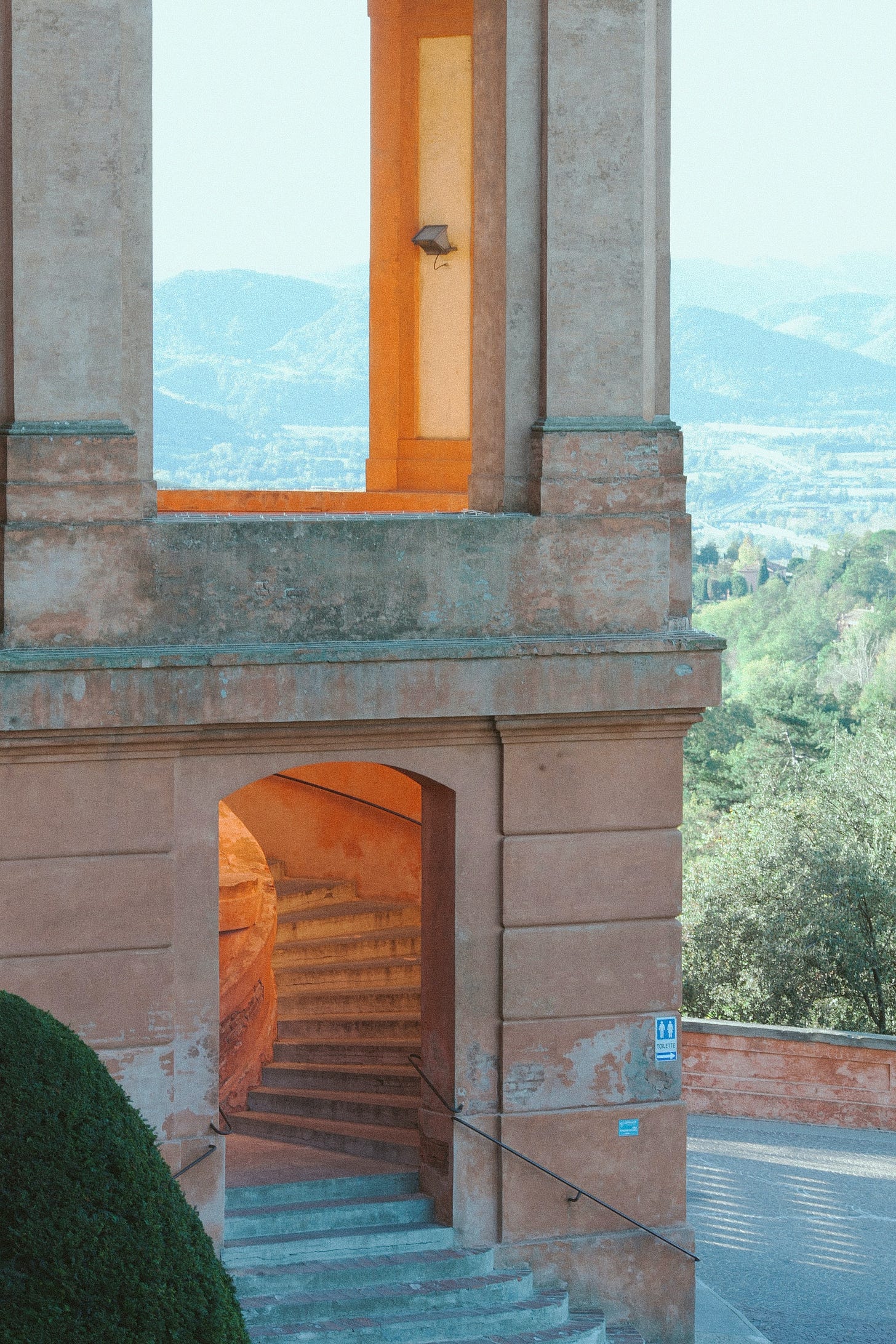Age is not just a number. Life at 21 is different from life at 51, or 91. Why do we try so hard to deny the diferences? Because, I think, we assume that If life actually changes in later years, it can only change for the worse.
For bodies, that’s almost true. But we are not just bodies. We are embodied minds and spirits. We are makers, engineers and artists of the worlds we live in. We are social animals, making families, friends, and communities. We are learners. As the years go by, we do these things differently. Our lives change, for better and for worse. Each stage of life has its own challenges and rewards.
We are bodies, but we are not just bodies.
The rewards of age are essentially invisible in American culture. Aging is defined simply as loss, and those losses are exaggerated. They’re real, but they’re gradual, and strike each person differently. “Wrinkles aside, we seniors aren’t much different from the rest,” Donna Mullins wrote recently, tackling the many misconceptions about later life. I fully agree, but want to add this: The differences that are real are often improvements.
Even, occasionally, in terms of the body. Sometimes asthma lessens or disappears. Some allergies resolve. Thanks to cataract surgery, I see better now than when I was twelve. Migraines end, for most sufferers. Their disappearance is probably tied to some damage time is inflicting on the physical brain. But, again, we are not just bodies. For the mind and the spirit, freedom from pain is a vast gift.
We always need to look beyond biology. Part of being human is knowing we have a past and a future. As the years go on, our futures become shorter and our pasts longer. As a result, life in the here and now changes, of course to different degrees for different people.
Shorter future, richer present
With age many possibilities disappear. There’s no point in applying to medical school; if you don’t have children, you probably won’t; and so on.
This briefer time horizon also carries gifts. Attention can go more whole-heartedly toward the present. So much of adulthood is consumed with securing the future, rushing through what’s at hand for the sake of what’s next. Now, we are less likely to sacrifice today for tomorrow. We still have plans and goals — that’s part of what makes us human – but they’re more freely chosen. For many years those plans were about getting and keeping a job, and then a promotion; getting children through school; finding and maintaining a home. Finally life becomes simpler. We can choose where to put our energies.
(I know that’s not universally true, that I’m fortunate. The pleasures of later life depend in part on a country’s economic system. Ours can be cruel.)
We can choose where to put our energies, wanting but not needing to succeed.
Retirement brings for many a sense of spaciousness, of possibility. It’s not just putting away the alarm clock and the demands of the workplace. It’s the pleasure of being able to try so many things, without fear of failure; wanting but not needing to succeed.
Relationships with other people gradually change. Competition lessens. It’s easier to enjoy simply being with others.
We know ourselves better and become more comfortable with what we know. We can put away standards that we were never able to reach anyway. Our lives are what they are, the result of a lot of choices over the years, not all of them wise. But we can now appreciate our lives, whatever they are.
As energies wane, there’s more time for quiet. Stillness allows feelings to emerge, thoughts to ripen, possibly wisdom to accrue.
Longer past: Wiser present?
Wisdom may be too grand a word. Perspective is more modest. I recite “You never know” whenever the utterly unexpected happens – that is, about once a week. Friends have similar maxims, usually about living in an imperfect world. “There’s always something.” “This, too, will pass” (paired with “Yes!”) “Life isn’t fair” (paired with “Don’t take it personally”).
We know how the world works. No matter how much or little we understood at 25, we understand more now. About human nature, about the messiness of politics, about the arc of history.
Age is not just a number, it’s a measure of how many years one has lived. Those years affect the body, mind, and spirit; they make a difference. Some of those differences are losses, some of them are gains. We do the human things -- loving, making, finding meaning – differently as time goes on. Being a grandparent, for instance, is different from being a parent. The joys are similar, but not identical; so are the problems. We wouldn’t need to deny the reality of old age if we recognized not just its special trials but also its special gifts.



Bravery comes in different forms with age. Today we tried to visit a Celtic Hill fort in Provence, but private property owners had completely and illegally blocked the public footpath. Did we give up? No, we knocked on doors and in fractured French we tried to explain that they cannot own a 2000 year old site and that history matters. It didn't work, but my 18/28/38 year old self would not have even tried to make the point.
"As energies wane, there’s more time for quiet. Stillness allows feelings to emerge, thoughts to ripen, possibly wisdom to accrue." - very nice!